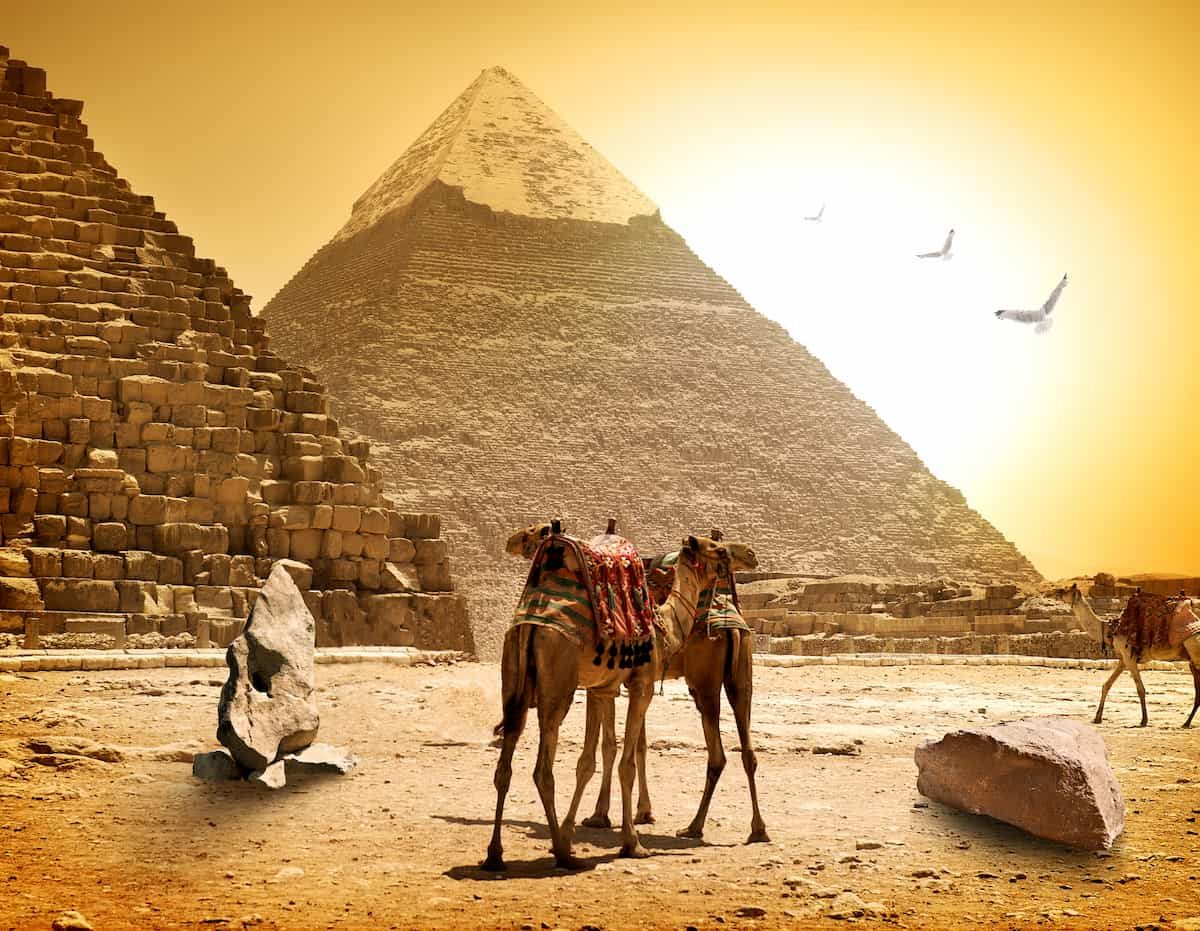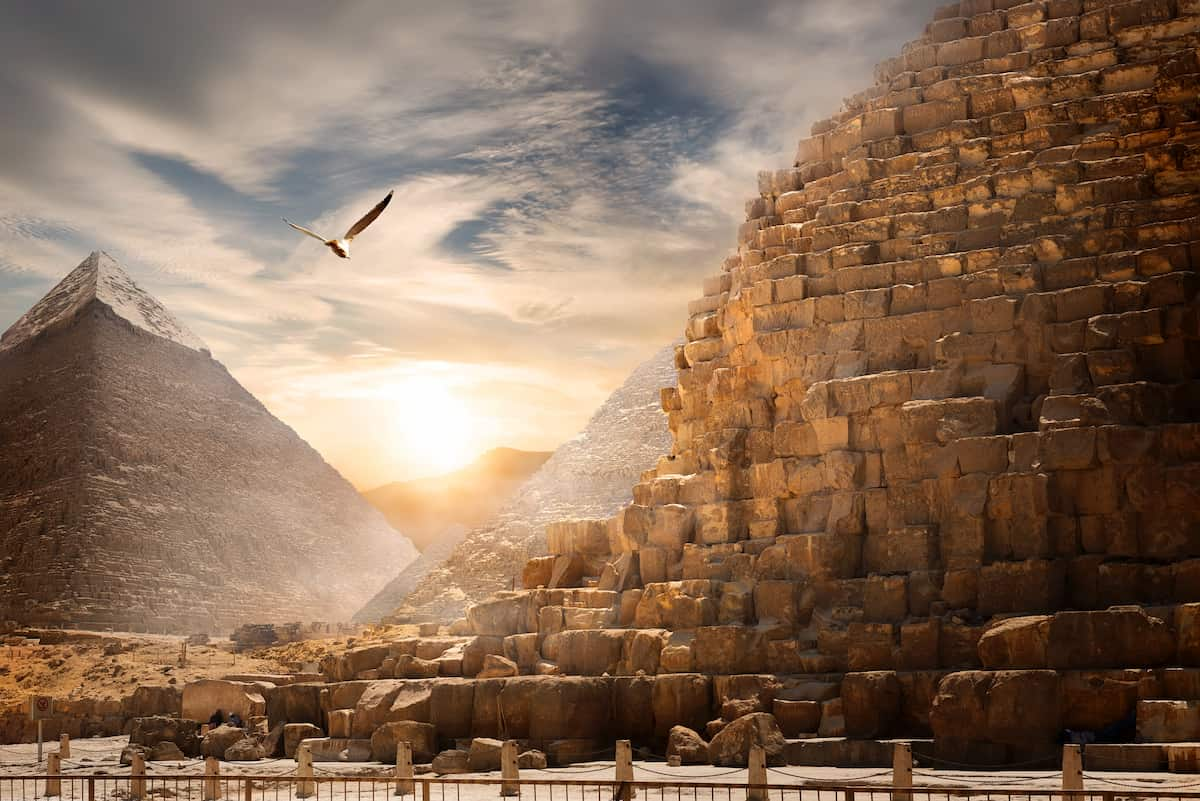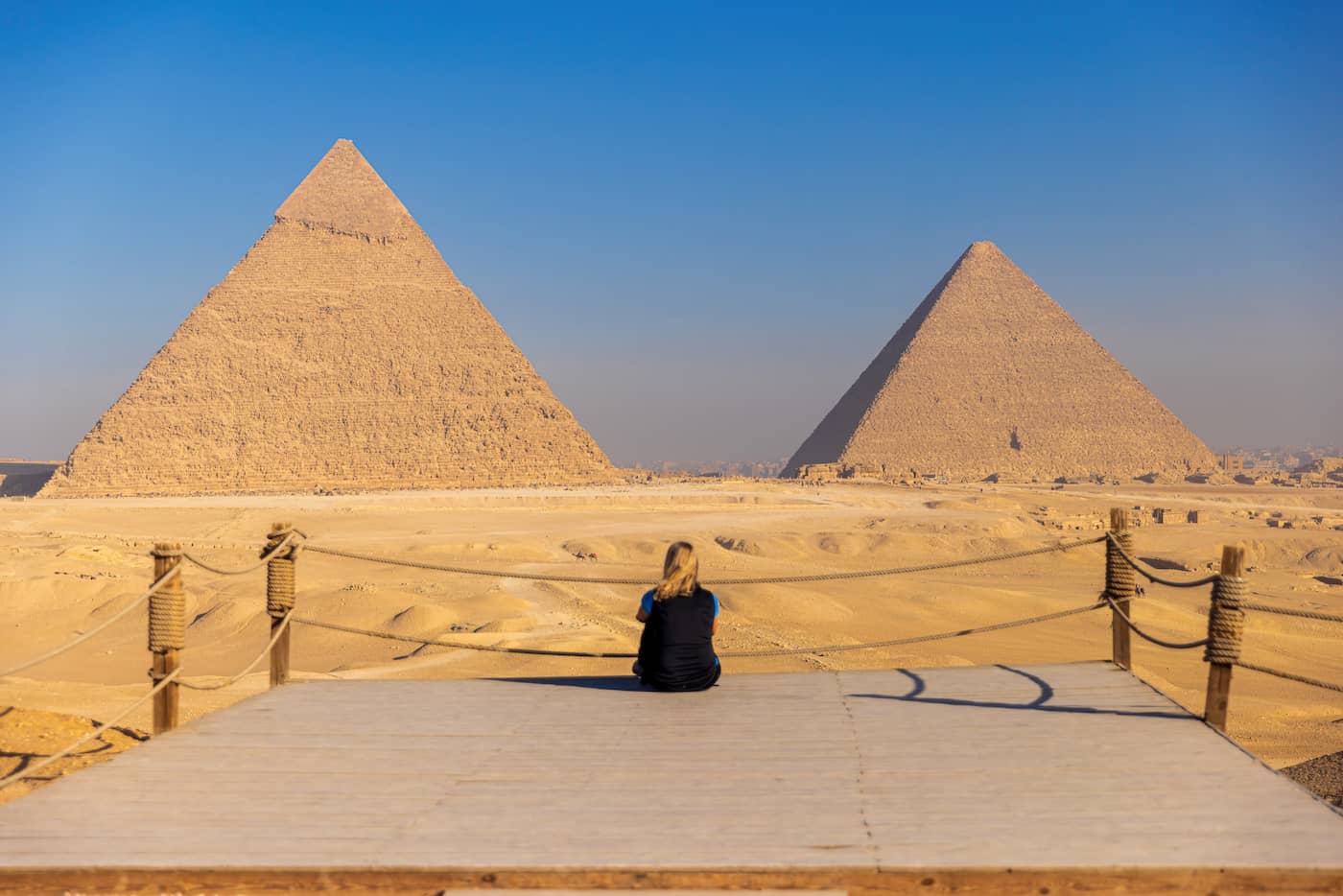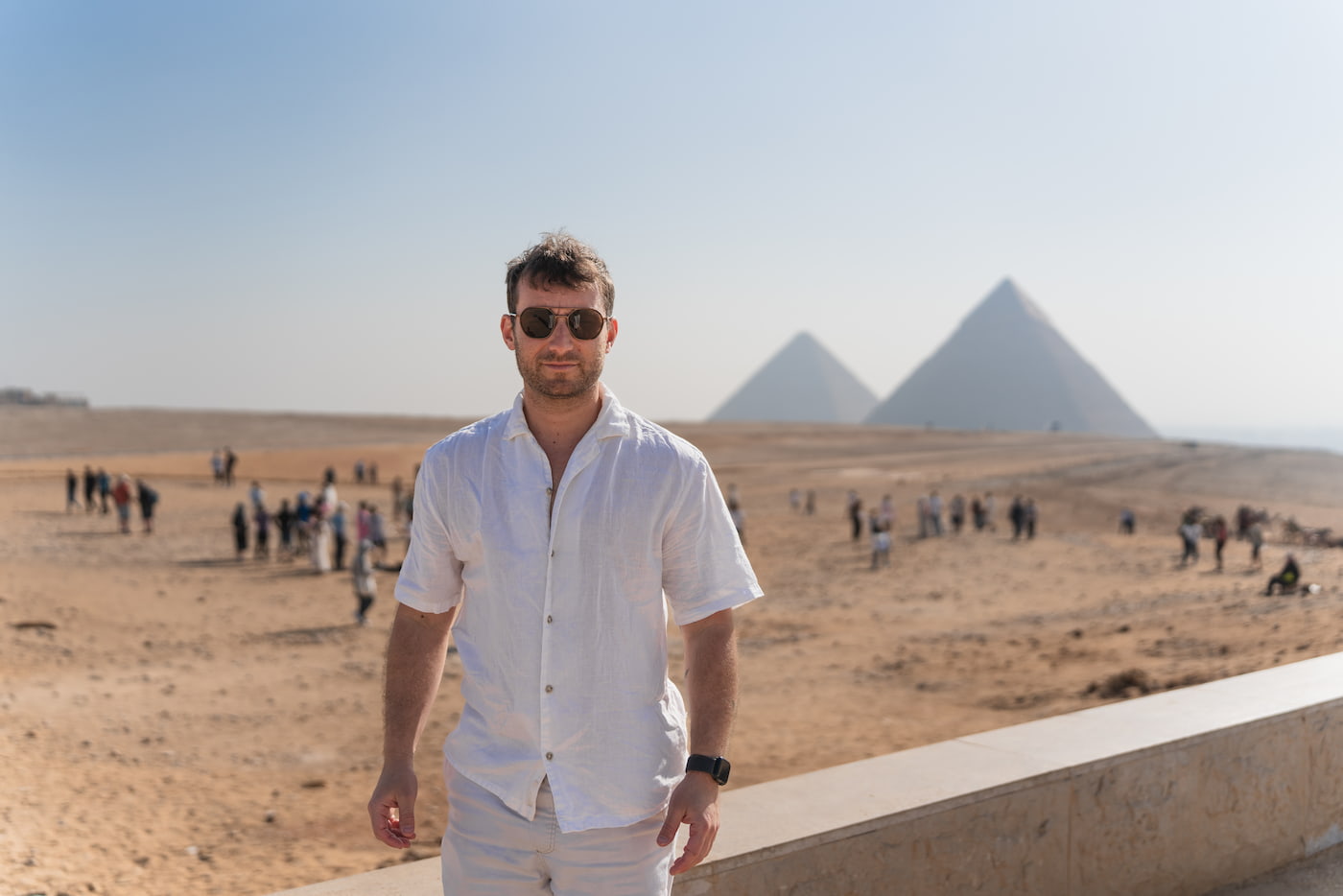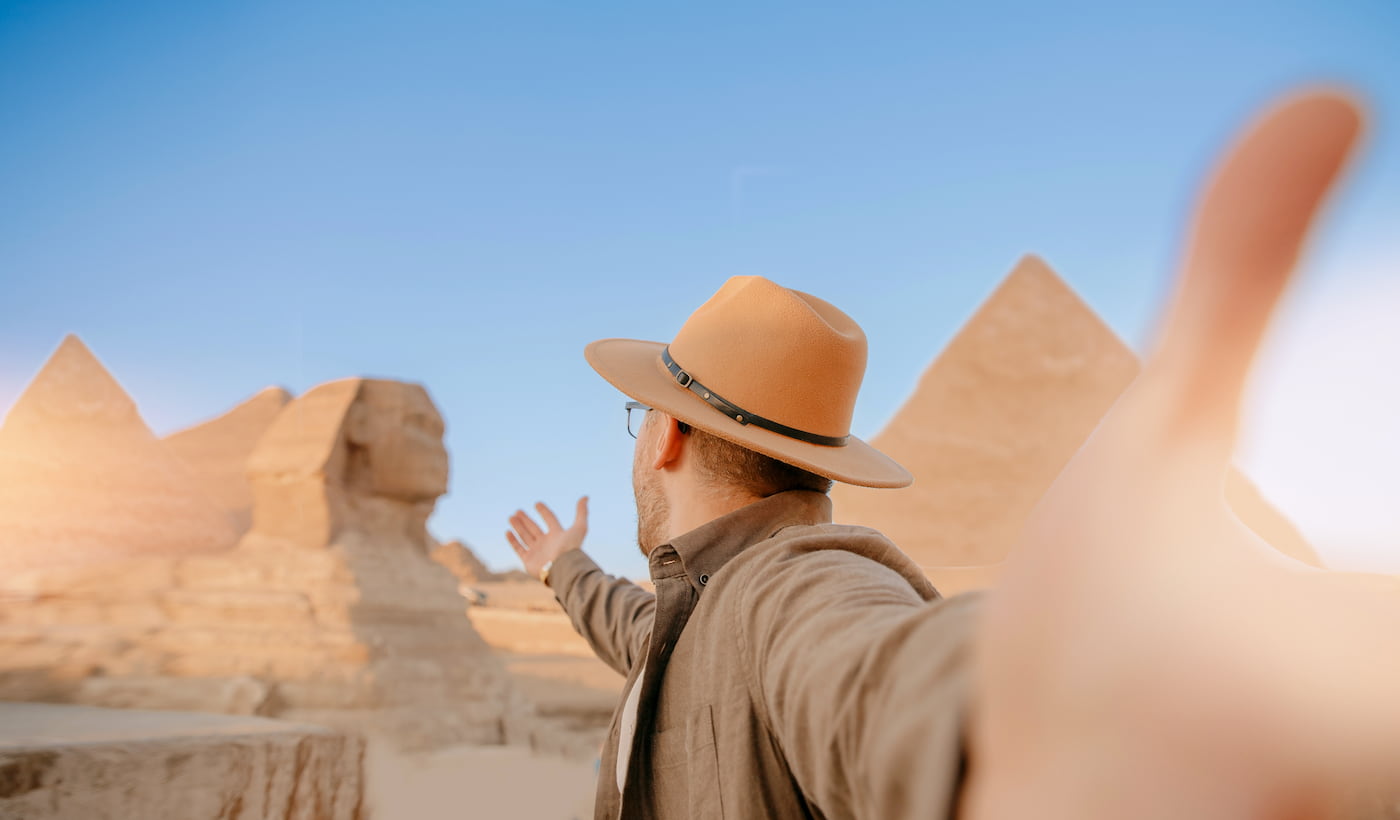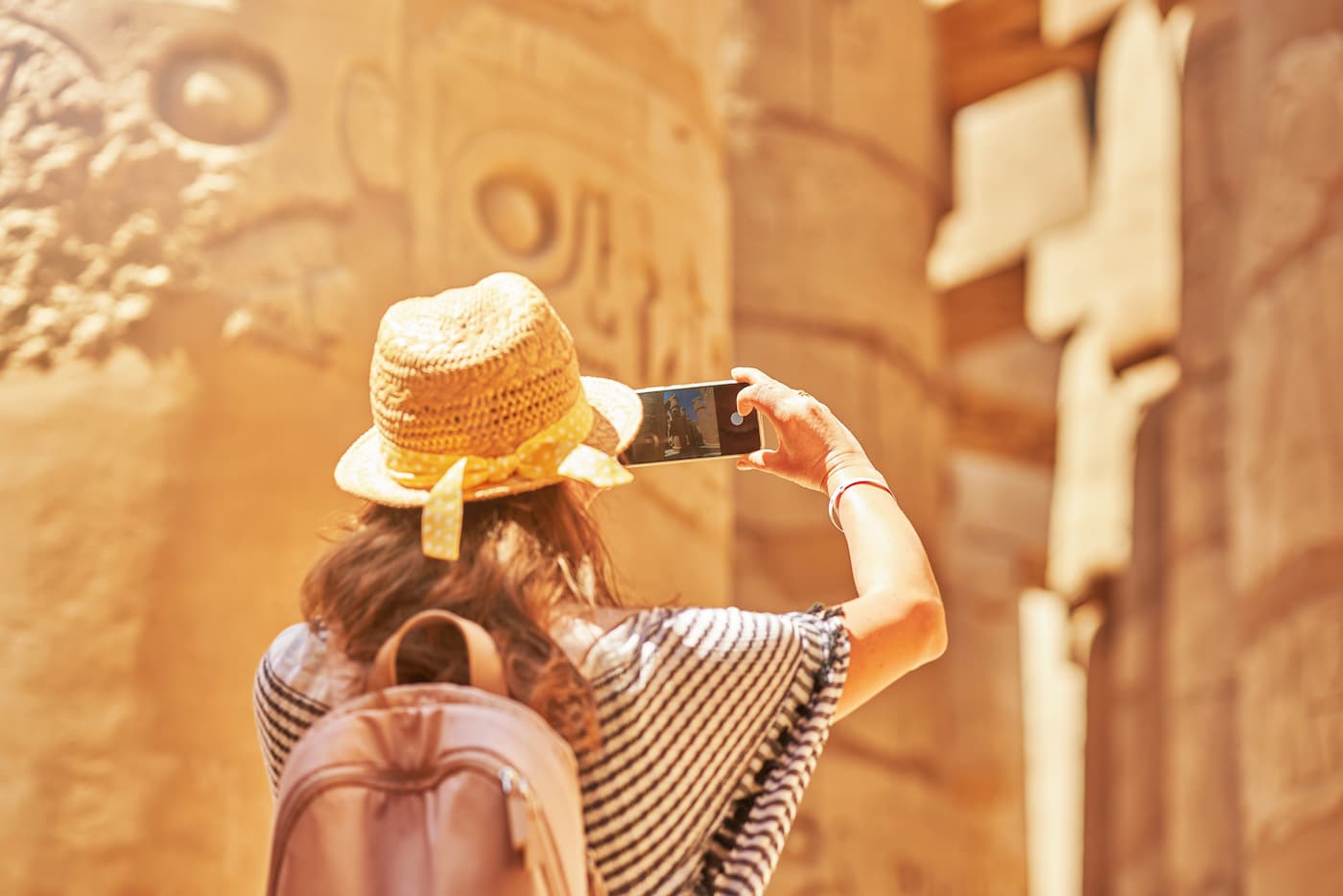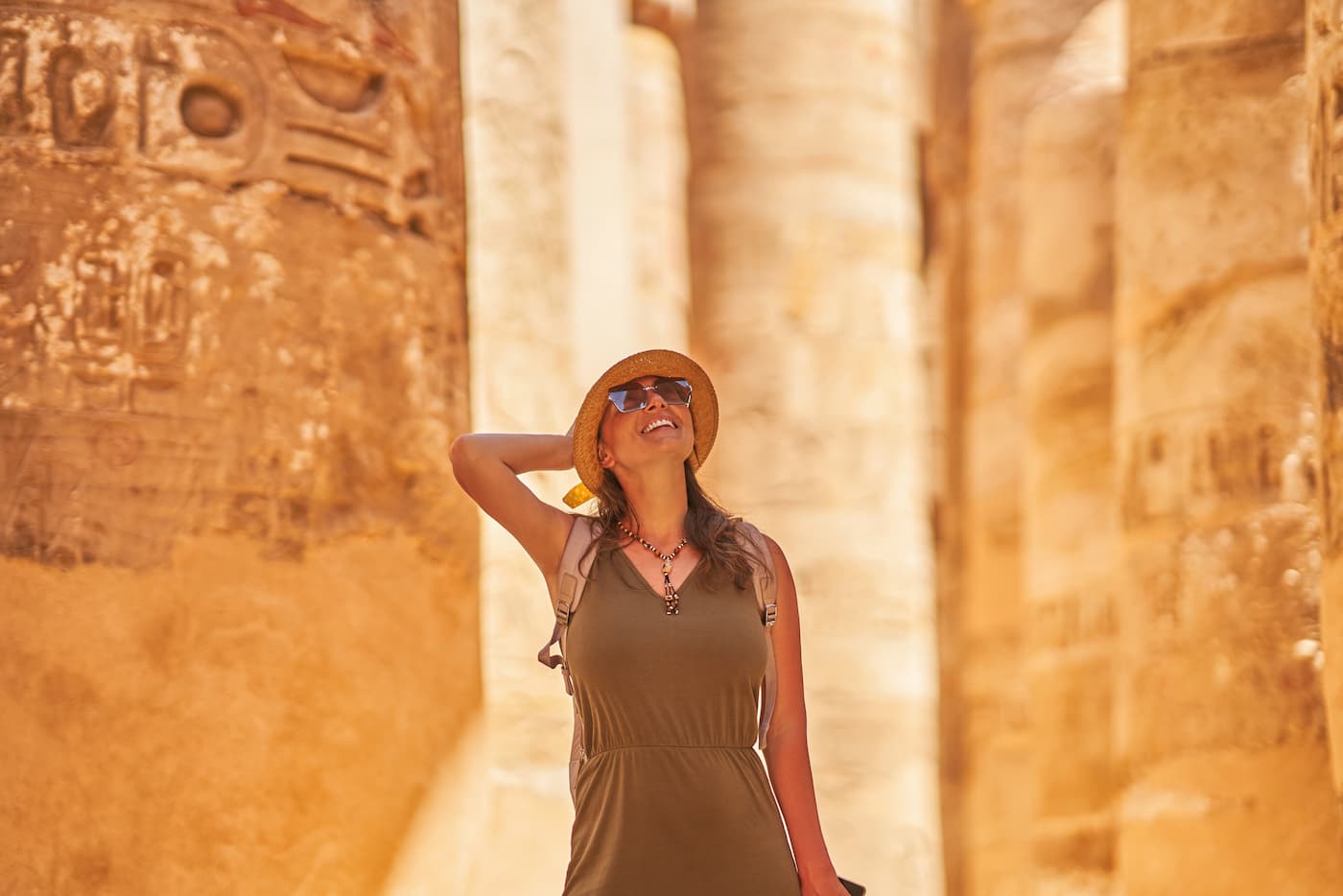Most Important Facts About The Coptic Egyptian Christian People
Coptic Egyptian People Or the Christian Egyptians make up ten percent of Egypt’s population.
The Coptic Egyptian Christians, known as Copts, are the largest religious minority in Egypt. They make up 10 percent of Egypt’s 95 million people. Copts do not historically believe themselves to be of Arab origin. They believe they are of Pharaonic origins. The word Coptic is derived from the ancient Greek word for Egyptian.

Coptic Egyptian People, Egypt’s Christian Minority
Although Copts are primarily located in Egypt, they are also spread throughout neighbors Libya and Sudan. In Australia, there are 30,000 Copts.
In Muslim-majority Egypt, Coptic Christians are often the spoiled child as Muslims treat them like brother. This is because the minority for any Muslim community should be treated well.
The revolution of 1952 also gathered both of them together, the Copts and the Muslims felt one hand against the British Occupation.
Coptic Egyptian People, Egypt’s Christian Minority
However, the Coptic Egyptian Christians is the minority in Egypt compare to Muslims, they live normally in great harmony. Also, they are not facing any trouble from the Egyptians to practice their religion or build their churches. Furthermore, they were never felt they are second class or discriminated. On the other hand, the reality that most Egyptians are coptic, both parties are feeling they are from the same origin.
Copts differ from other Christian denominations in that they follow a different religious calendar and generally share beliefs and rituals similar to those of the Greek Orthodox Church. Furthermore, the Coptic calendar is based on the ancient Egyptian calendar.
Who are the Coptic Egyptian Christians?
Copts are the largest Christian group in the Middle East, but many outside the region are unfamiliar with the community. According to tradition, the founder of the Coptic Church was the apostle, St. Mark. He brought Christianity to Egypt in the first century.
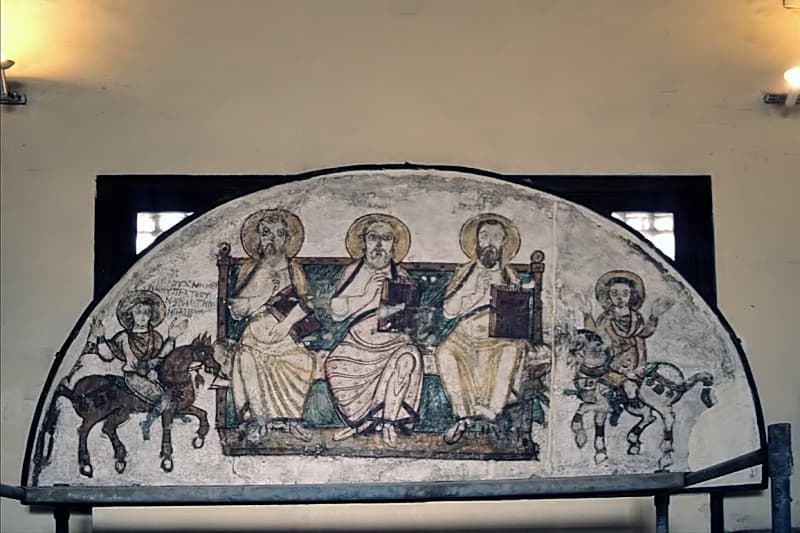
In 451 AD, they split with the larger Christian community over differing ideas about the divine and human natures of Christ.
Other elements are unique, like the Coptic calendar which is based on the ancient Egyptian calendar and have 13 months. Holidays vary, and Christmas falls on January 7th, instead of December 25th, and is a national holiday in Egypt.
In practice, the Coptic Church shares some theology and rituals with Catholicism and is led by a pope based in Alexandria.
A large part of the Coptic religion is monasticism. St. Anthony was an Egyptian monk who is considered the father of monasticism. Monks are people who dedicate their lives to worshipping god. However, they led very simple lives isolated from society.
Modern Monks In Egypt
As society modernized, the monasteries to have evolved. While the monks of today no longer live like those in ancient times, stereotypes persist. Embracing modernization has allowed monks to better serve the community.
Technology has played a large role in the spiritual revival of monastic life in the Coptic community, as more young people have been exposed to the church through music recordings, books, and information online.
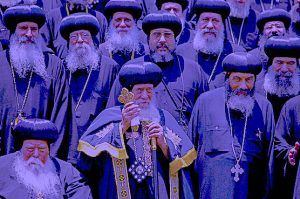
The Heart of Monasticism
Today there are about 30 million Coptic Christians in the world. Furthermore, in the Middle East and Africa, the Monistary of St. Anthony is an important site among Copts as it represents the sacrifice of the first monks and their total commitment to Christ.
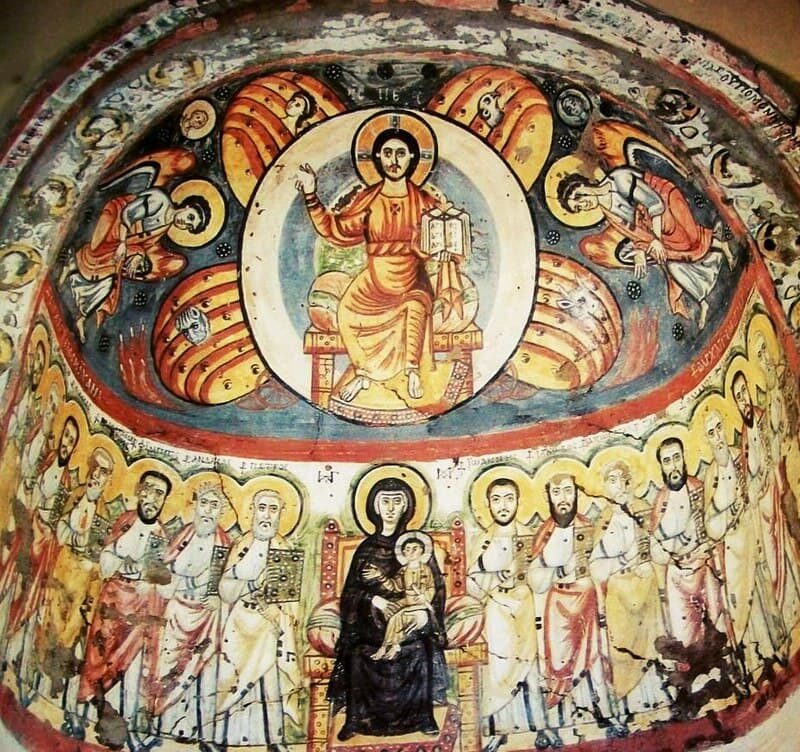
How Coptic Egyptian Christians put down roots around the world but remained grounded in their culture
Coptic Egyptian Christians in scattered migrant communities celebrate the entry of the lord into Egypt and the annual feast day. The celebration is followed by the Holy feast of Ascension. The Christians believe this is Christ’s bodily ascension into heaven.
Coptic Feasts
In a sense, the two consecutive feast days bookend the Coptic experience. Furthermore, one marks their deep-rooted pride in an Egyptian heritage that predates the arrival of Islam. The other celebrates the spiritual value of self-sacrifice, which would come to define the experience of a church forged in martyrdom soon after Christ’s death on the cross.
Back in April, Egypt’s Christians celebrated two other consecutive special days. Orthodox Easter fell on April 24th, furthermore, the following day together with Egyptians of all faiths, Copts celebrated the national holiday of Sham Ennessim. The origins of this festival of spring date back to the days of the Pharaohs. The Copts survived the Arabization of Egypt in the seventh century to become an integral part of Egyptian society.
Around the world are many Copts, some now second or even third generation, who were born on foreign soil after their parents immigrated in search of a better life. They remain rooted in Egypt and its’ culture.


